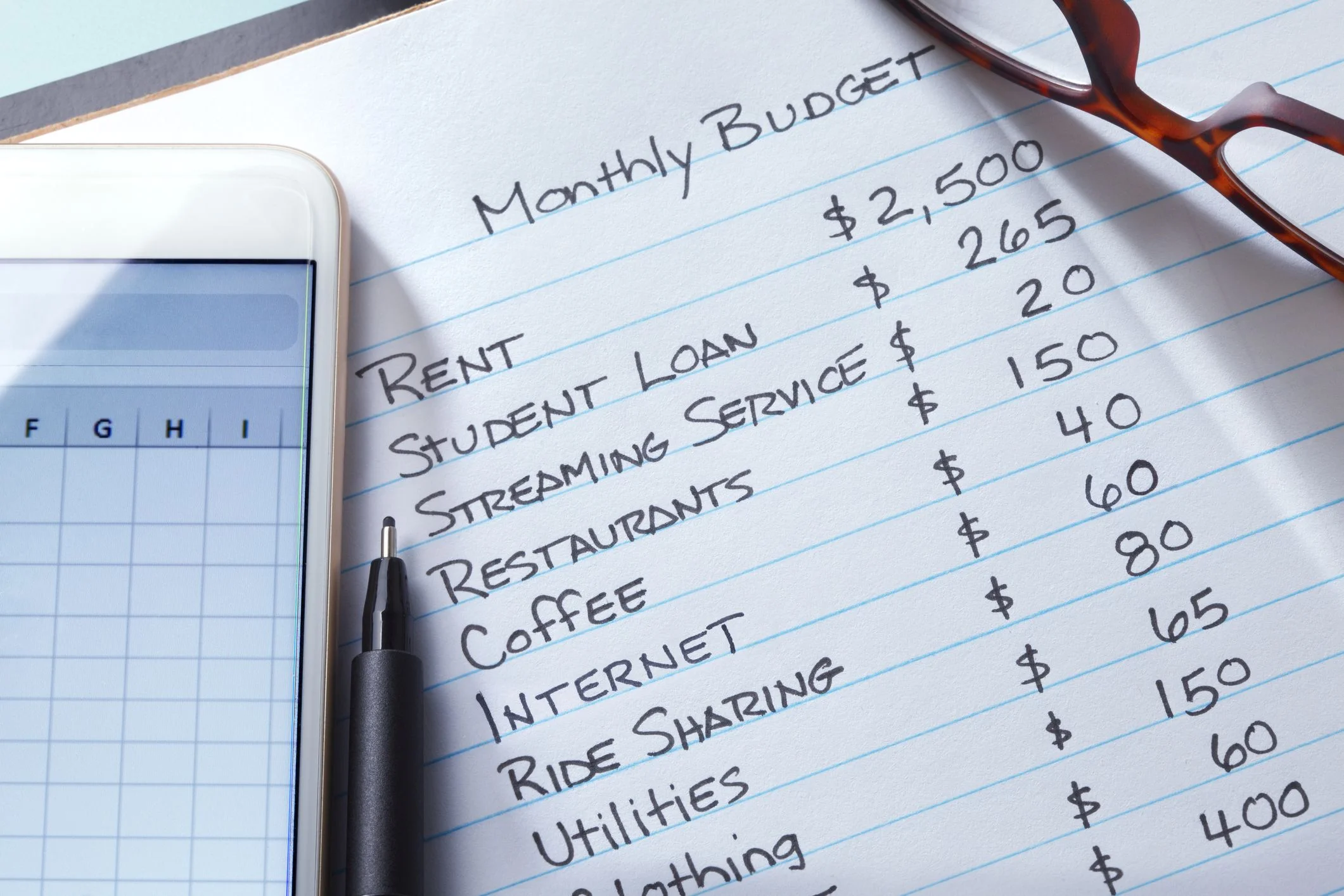The StatFin Database defines “low-income earners or persons at risk of poverty” as “those whose household’s disposable money income per consumption unit is lower than 60 per cent of the equivalent median money income of all households.”
For many citizens, an unforeseen paucity has become their present reality as they grapple with the rise in food prices, fuel costs, transportation fares, and electricity charges, among others.
Financial experts have linked Nigeria’s worsened crisis to the end of the fuel subsidy payment in June 2023 which has jacked up the prices of goods and services and has tended towards food insecurity.
According to the International Monetary Fund, given these factors, the household purchasing power and living conditions of many citizens have continued to deteriorate.
An accountant and auditor, Paul Audu, explained to our correspondent that individuals – regardless of their income – should learn to be prudent and save more to survive economic hardship.
Below are ways by which income learners can attain financial stability:
Be deliberate about saving
Audu stated, “Saving is not dependent on how much you earn, once there is an intention towards saving money, you will attain it.
Set your budget
A financial analyst, Livinus Uche, advised that low-income learners need to set for themselves an amount to spend on transport fares, electricity bills, personal care, and clothing.
Avoid debts
“One of the things that hold back many income earners from their financial goals is entangling debts,” stated Audu. “When you are enmeshed in too much debt, their interests keep growing, making it impossible for you to pay off the entire amount for a very long time.”
Prioritise your health
Uche explained that with the high cost of treatment and medicines in Nigeria, falling sick has been identified as one of the quickest happenstances that can make people lose their income.
Eliminate bad habits
“Aside from their negative effect on your mental and physical health, bad habits also siphon away a lot of money. Behaviours like sleeping with prostitutes, excessive drinking of alcoholic beverages, smoking cigarettes, gambling, drinking, making impulse purchases, etc harmful to your financial health.\
Cut entertainment expenses
Uche advised low-income earners to cut down on frivolous spending on activities that do not generate much value in the long run. He stated, “Sometimes, digital TV, lodging in expensive hotels or resorts or purchasing expensive accessories are luxuries that can be foregone, at least for a while.



